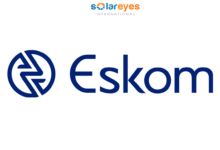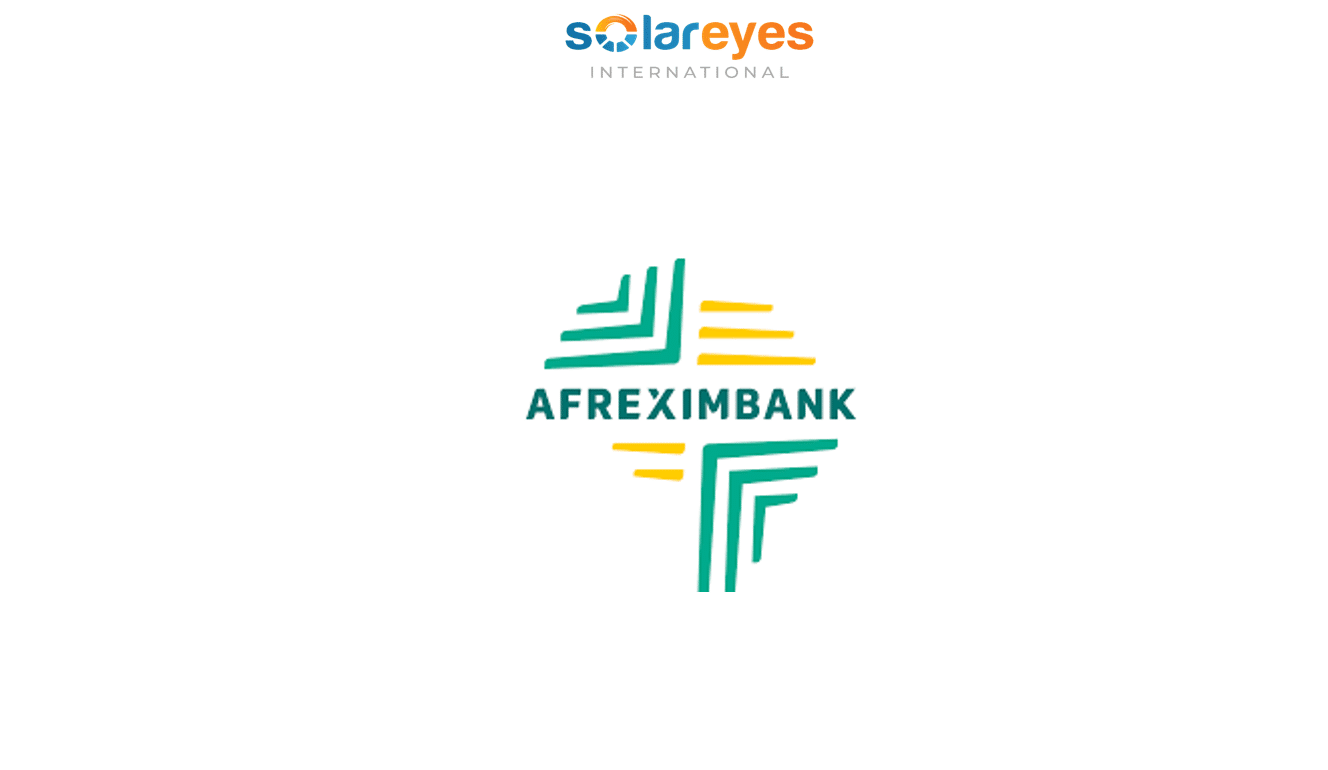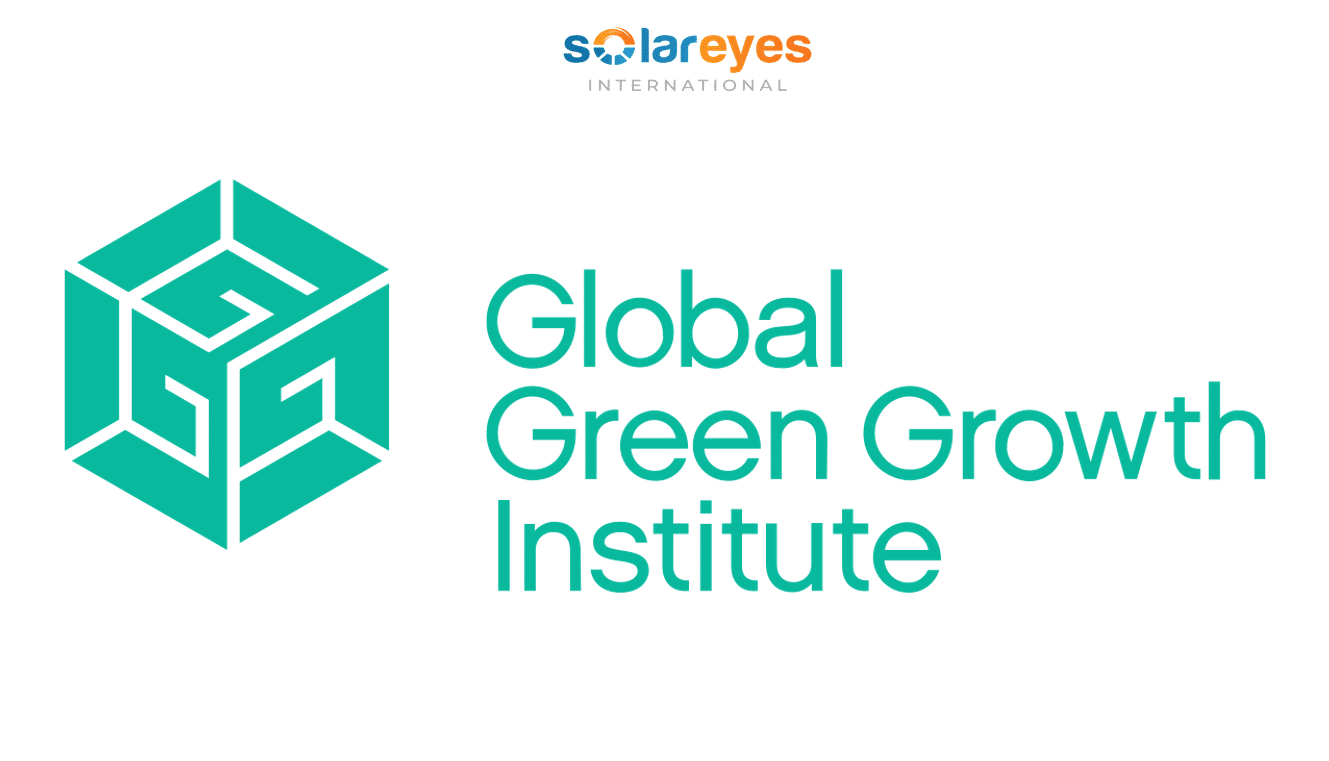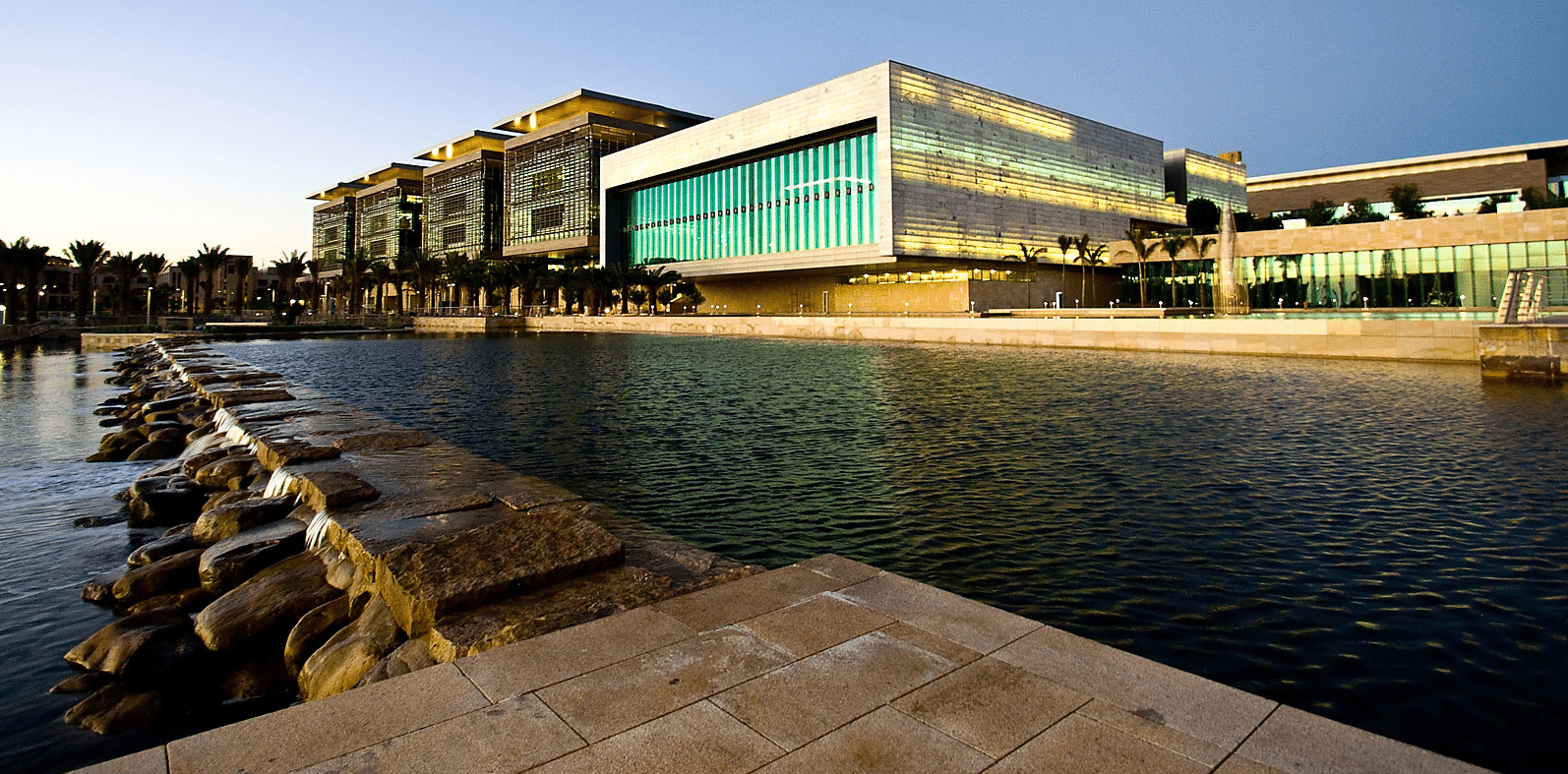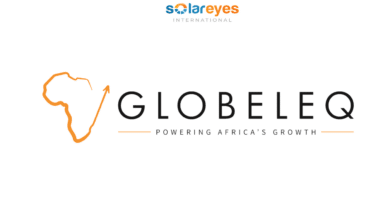x13 Open Positions at African Development Bank(AfDB)
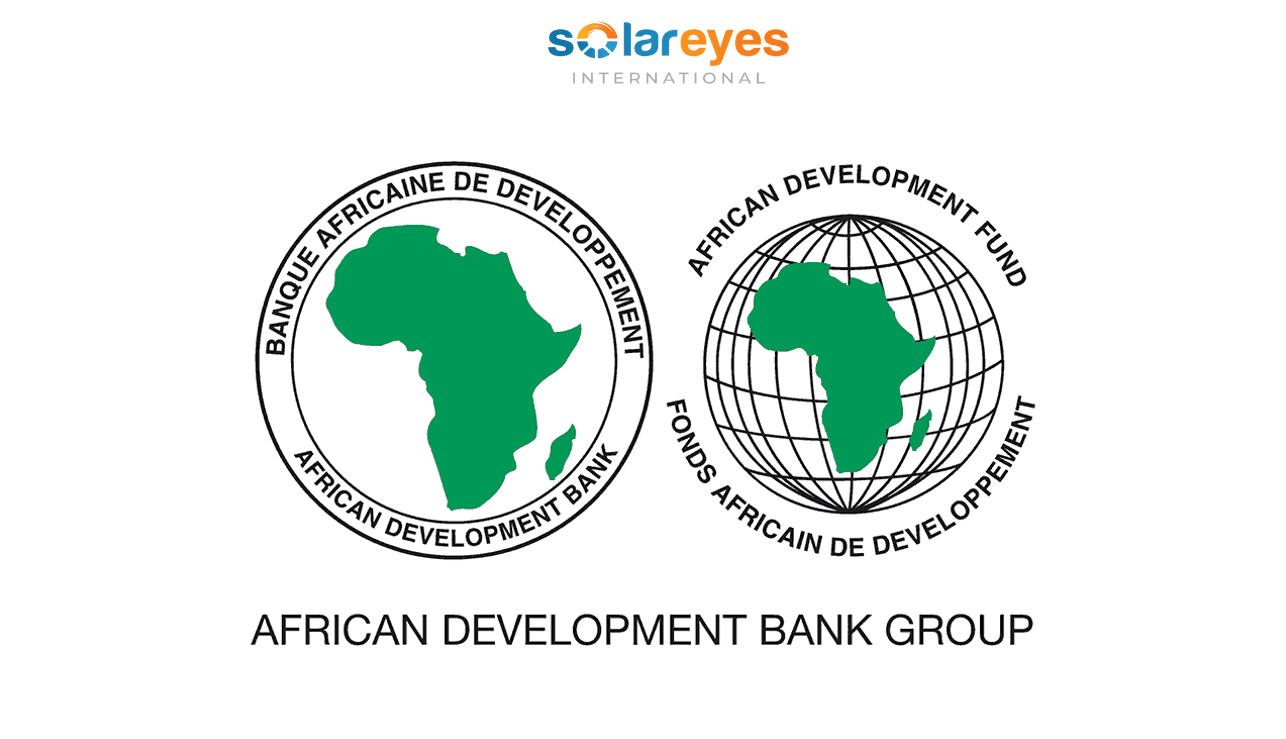
x13 Open Positions at African Development Bank(AfDB)
About African Development Bank(AfDB)
Established to promote economic and social development efforts on the continent, the African Development Bank (AfDB) Group comprises three entities: the African Development Bank (AfDB) which is the parent institution, created following an agreement signed by 23 founding member states on August 14, 1963 in Khartoum, Sudan. This became effective on September 10, 1964. The group includes two concessionary windows – the African Development Fund (ADF), established on November 29, 1972 by the African Development Bank and 13 non-African countries; and the Nigeria Trust Fund (NTF), set up in 1976 by the Federal Government of Nigeria.
The inaugural meeting of the Board of Governors of the Bank was held from November 4 to 7, 1964 in Lagos, Nigeria, and the headquarters was opened in Abidjan, Côte d’Ivoire, in March 1965. The Bank’s operations commenced on July 1, 1966. From February 2003, the Bank operated from its Temporary Relocation Agency (TRA) in Tunis, Tunisia, due to the prevailing political conflict in Côte d’Ivoire at the time until late 2013 when it commenced the return to its headquarters in Abidjan. In June 2015, over 1,500 staff had returned to headquarters out of the more than 1,900 total staff complement in the Bank.
Membership
Membership of the AfDB Group at the end of May 2015, comprised 54 African countries and 26 non-African countries. To become an AfDB member, non-regional countries must first be ADF members.
Resources
From an initial authorized capital of US $250 million, AfDB resources increased over a 19-year period up to 1982 to US $2.9 billion and jumped to US $6.3 billion in 1983 as a result of the admission of non-regional countries on December 30, 1982. It further increased to US $22.3 billion barely five years later following a 200% Fourth General Capital Increase achieved in Cairo, Egypt, in June 1987. The Fifth General Capital Increase concluded in 1998 recorded a 35% capital increase and attributed 60% shareholding to regional countries and 40% to non-regional countries. This was tripled to US $100 billion on May 27, 2010 in Abidjan, Cote d’Ivoire.
For the ADF, from the initial contributions of US $101 million in 1974 by its first 13 member state-participants, the Fund has had eleven general replenishments on a 3-yearly basis. The current ADF XI replenishment of UA 5.76 billion or US $8.9 billion for the 2008-2010 period, saw a record 52% increase on previous ADF-X figure. The 11thand 13th replenishments garnered $14 billion and US $14.6 billion, respectively.
The Nigeria Trust Fund started operations with US $80 million in 1976. It was replenished in 1981 and extended for another 10 years in 2008. At end 2012, its resources stood at US $253 million.
The AfDB has also been instrumental in the establishment and promotion of other African development institutions such as Africa Re-insurance Corporation, Shelter Afrique, Association of African Development Finance Institutions (AADFI), Federation of African Consultants (FECA), the Africa Project Development Facility (APDF), the International Finance Company for Investments in Africa (SIFIDA), African Management Services Company (AMSCO), African Business Round Table (ABR), African Export-Import Bank (AFREXIMBANK), African Capacity Building Foundation, Joint Africa Institute, PTA Bank, the Network for Environment and Sustainable Development in Africa (NESDA).
Top 10 Most Paying Renewable Energy Jobs for 2023: Get yourself a winning profile
The Bank is the lead agency for NEPAD infrastructure development, a respected guide in the development of banking and financial standards as well as the strategic partner of the African Peer Review Mechanism (APRM).
The overarching objective of the African Development Bank (AfDB) Group is to spur sustainable economic development and social progress in its regional member countries (RMCs), thus contributing to poverty reduction.
The Bank Group achieves this objective by:
- mobilizing and allocating resources for investment in RMCs; and
- providing policy advice and technical assistance to support development efforts.
In 2015, all multilateral development institutions have agreed on a same set of objectives, called the Sustainable Development Goals. They are:
Sustainable Development Goals
Goal 1. End poverty in all its forms everywhere
Goal 2. End hunger, achieve food security and improved nutrition and promote sustainable agriculture
Asian Development Bank (ADB) is Looking for You! International Staff Vacancies To APPLY
Goal 3. Ensure healthy lives and promote well-being for all at all ages
Goal 4. Ensure inclusive and equitable quality education and promote lifelong learning opportunities for all
Goal 5. Achieve gender equality and empower all women and girls
Goal 6. Ensure availability and sustainable management of water and sanitation for all
Goal 7. Ensure access to affordable, reliable, sustainable and modern energy for all
Goal 8. Promote sustained, inclusive and sustainable economic growth, full and productive employment and decent work for all
Goal 9. Build resilient infrastructure, promote inclusive and sustainable industrialization and foster innovation
Goal 10. Reduce inequality within and among countries
Goal 11. Make cities and human settlements inclusive, safe, resilient and sustainable
Goal 12. Ensure sustainable consumption and production patterns
Goal 13. Take urgent action to combat climate change and its impacts
Goal 14. Conserve and sustainably use the oceans, seas and marine resources for sustainable development
Goal 15. Protect, restore and promote sustainable use of terrestrial ecosystems, sustainably manage forests, combat desertification, and halt and reverse land degradation and halt biodiversity loss
Climate Change Communications Intern – UNDP
Goal 16. Promote peaceful and inclusive societies for sustainable development, provide access to justice for all and build effective, accountable and inclusive institutions at all levels
Goal 17. Strengthen the means of implementation and revitalize the global partnership for sustainable development
x13 Open Positions at African Development Bank(AfDB)
| Position Title | Grade | Location | Publication Date | Closing Date |
|---|---|---|---|---|
| Director, African Development Institute (ECAD) | EL5 | Abidjan, Côte d’Ivoire | 07-Jul-2023 | 06-Aug-2023 |
| Senior Research Economist | PL5 | Abidjan, Côte d’Ivoire | 30-Jun-2023 | 30-Jul-2023 |
| Senior Governance Officers | PL5 | Abidjan, Côte d’Ivoire | 23-Jun-2023 | 22-Jul-2023 |
| Principal Knowledge Management Officer | PL4 | Abidjan, Côte d’Ivoire | 22-Jun-2023 | 21-Jul-2023 |
| Principal Country Economists | PL4 | Ghana and Angola | 21-Jun-2023 | 20-Jul-2023 |
| Principal Quality, Results and Monitoring Officer | PL4 | RDGC (Cameroon – Yaounde) | 21-Jun-2023 | 20-Jul-2023 |
| Capacity Development Officer, ECAD1 | PL6 | Abidjan, Côte d’Ivoire | 21-Jun-2023 | 20-Jul-2023 |
| Country Economists/Senior Country Economists | PL6 / PL5 | Several locations | 19-Jun-2023 | 18-Jul-2023 |
| Short Term Staff – HR Operations Assistant (Employee Helpdesk) | GS5 – GS6 – GS7 | Abidjan, Côte d’Ivoire | 19-Jun-2023 | 18-Jul-2023 |
| Chief Equity Management Officer | PL3 | Abidjan, Côte d’Ivoire | 13-Jun-2023 | 12-Jul-2023 |
| Principal Transport Engineer | LP4 | Tanzania Country Office | 13-Jun-2023 | 12-Jul-2023 |
| Principal Outreach and Selection Officer | PL4 | Abidjan, Côte d’Ivoire | 12-Jun-2023 | 11-Jul-2023 |
| Senior Network Engineer | PL5 | Abidjan, Côte d’Ivoire | 09-Jun-2023 | 08-Jul-2023 |
MORE INFORMATION AND APPLICATION HERE
FOLLOW US ON SOCIAL MEDIA
Follow us on LINKEDIN, FACEBOOK, TELEGRAM GROUP and WHATSAPP.
*** ALSO CHECK: HOW TO SIZE A SOLAR SYSTEM – 5 clear steps anyone can follow
HOW TO START A SOLAR COMPANY – do these 6 things and make money through solar
How to Identify Fake Solar Products
SOLAR PANEL LOSSES: All you Need to Know + Tips on how to avoid them

